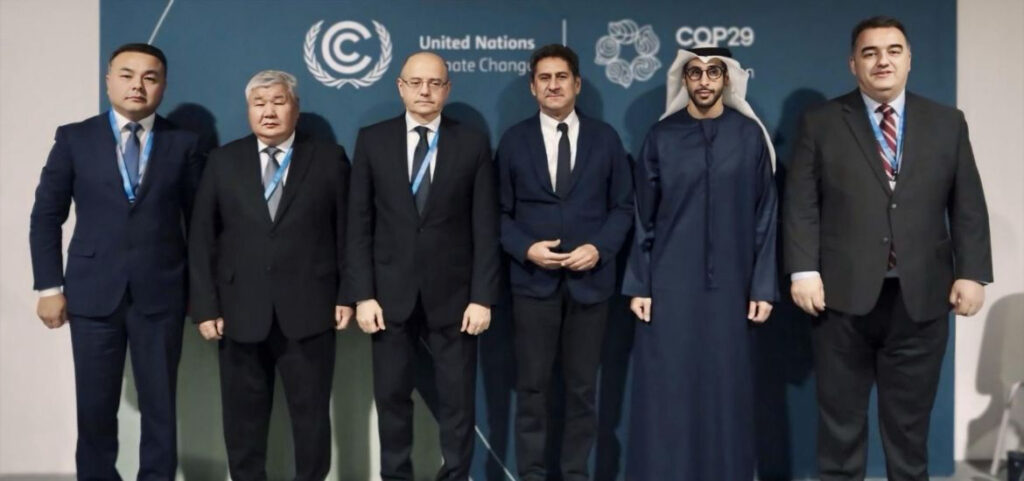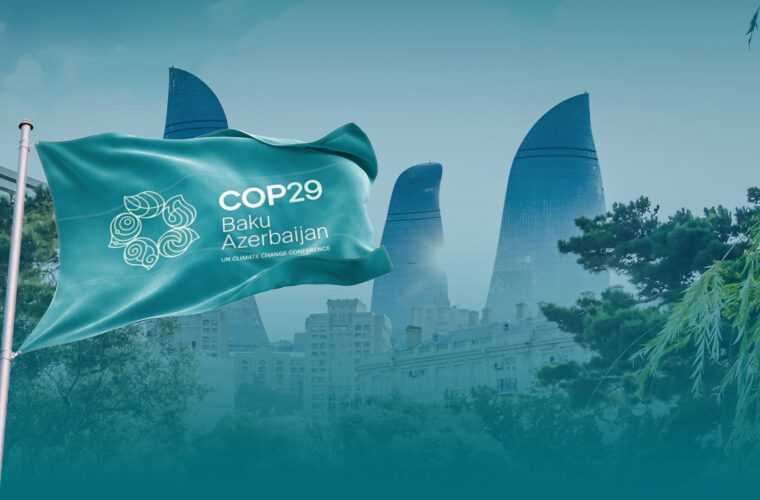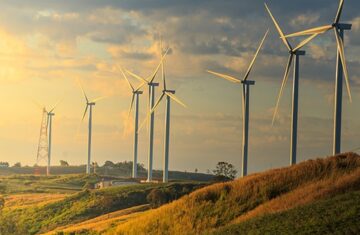At the ongoing COP29, the International Renewable Energy Agency (IRENA) and Azerbaijan have unveiled a groundbreaking renewable energy partnership aimed at accelerating the adoption of green energy in Central Asia. This announcement was made during the Energy Transition Investment Forum for Central Asia, a two-day event co-hosted by IRENA, the COP29 Presidency, and Azerbaijan’s Ministry of Energy. The forum gathered energy ministers from Azerbaijan, Kazakhstan, Kyrgyz Republic, Tajikistan, Turkmenistan, and Uzbekistan to discuss collaborative efforts to advance renewable energy initiatives in the region.
Focus on Renewable Energy Adoption
Central Asian countries, rich in natural resources, are seeking to increase the use of renewable energy to meet growing energy demands, diversify their energy mix, and contribute to global climate objectives. The new partnership, called the Accelerated Partnership for Renewable Energy in Central Asia (APRECA), aims to leverage the collective strengths of the region’s nations. It will focus on creating a robust framework for regional cooperation, fast-tracking investments, enhancing inter-regional connectivity for renewable energy trade, and maximizing socioeconomic benefits across the region.
Strategic Advantages of Central Asia
IRENA’s Director-General, Francesco La Camera, emphasized the strategic advantages of Central Asia, highlighting the region’s abundant renewable energy resources and ongoing efforts to create a green energy corridor connecting neighboring regions. He stated that APRECA offers a significant opportunity for the region to harness its renewable energy potential through a country-led partnership model, integrating commitments with effective planning for execution.
Commitment to Climate Goals
COP29 President, H.E. Mukhtar Babayev, welcomed the launch of APRECA, stressing the importance of enhancing climate ambition and enabling actionable solutions for energy transition. He noted Azerbaijan’s goal of sourcing 30% of its domestic energy demand from renewables and exporting 5 GW of renewable energy to Europe by 2030. Babayev underscored Central Asia’s critical role in global energy decarbonization efforts, marking this partnership as a crucial step toward achieving collective climate goals.
Advancing Regional Energy Security
Azerbaijan’s Minister of Energy, H.E. Parviz Shahbazov, highlighted the significance of the Central Asia Energy Transition Investment Forum in advancing sustainable energy transformation in the region. He noted Azerbaijan’s commitment to collaborating with neighboring countries on green energy transitions, including the establishment of the Central Asia-Azerbaijan Green Energy Corridor. This initiative aims to enhance regional energy security and supply, supported by a recent green energy partnership agreement signed at COP29 between Azerbaijan, Kazakhstan, and Uzbekistan.

Key Discussion Topics
The forum’s discussions covered a broad range of topics, including investment priorities, the creation of bankable projects, and innovative financing tools necessary to support a renewable-driven energy transition in the region. Experts focused on addressing challenges faced by developers and financiers in Central Asia to improve access to affordable finance, driving renewable energy projects forward.
Conclusion
This partnership marks an important milestone for Central Asia as it seeks to become a key player in the global renewable energy market, significantly contributing to climate mitigation and adaptation strategies.



